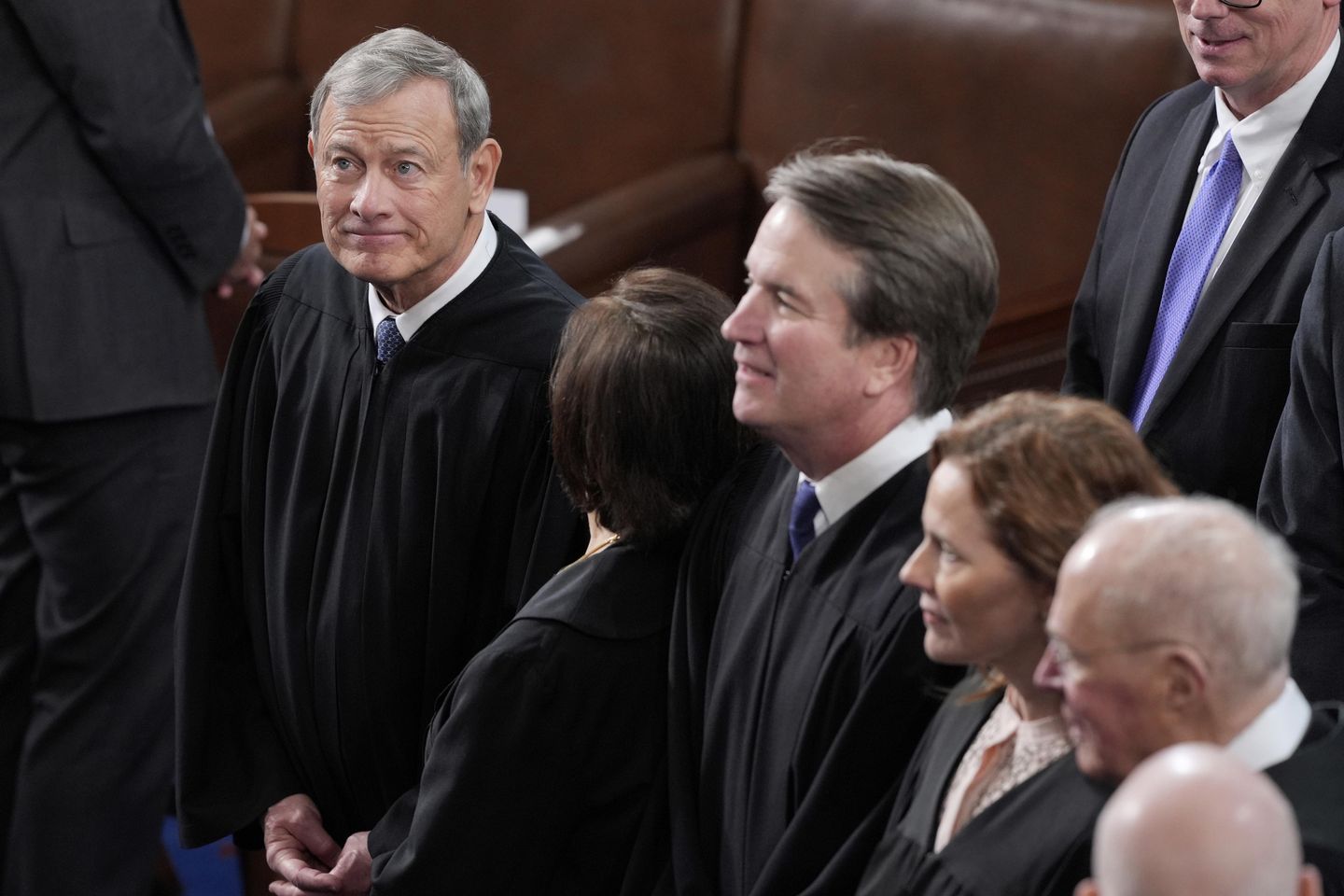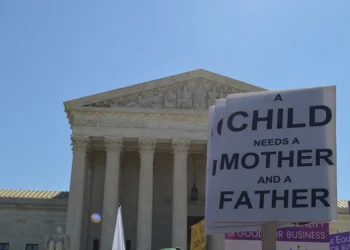
Don’t miss the full story from our staff writers, whose reportage is the basis of this article.
The Supreme Court delivered a landmark 6-3 ruling that significantly curtails federal judges’ ability to issue universal injunctions that halt presidential policies nationwide. The decision, written by Justice Amy Coney Barrett, declared that these broad injunctions “likely exceed the equitable authority that Congress has granted to federal courts.”
Universal injunctions have allowed individual federal judges to block presidential actions across the entire country based on minimal legal briefings, going far beyond the specific parties in their courtrooms. The ruling came in response to multiple cases challenging President Trump’s birthright citizenship policy, where judges had issued nationwide blocks affecting every state and child born to illegal immigrant or temporary migrant parents.
Justice Barrett criticized judges for becoming “too imperious” by delivering these broad blockades with little legal backing. She argued that Congress never envisioned such sweeping judicial power when creating lower courts. The court’s Republican appointees joined Barrett’s opinion, while the three Democratic appointees issued vehement dissents.
Justice Sonia Sotomayor warned that “no right is safe in the new legal regime the court creates,” suggesting future administrations could exploit this ruling to seize firearms or restrict religious worship. Justice Ketanji Brown Jackson accused the majority of abandoning the judiciary’s “foundational duty to uphold the Constitution,” calling the decision “profoundly dangerous” for giving executives “unchecked, arbitrary power.”
Justice Barrett delivered a sharp response, calling Justice Jackson’s argument “at odds with more than two centuries’ worth of precedent” and accusing her of “embracing an imperial Judiciary” while criticizing an “imperial Executive.”
The ruling doesn’t eliminate legal challenges to presidential actions but redirects them toward class-action lawsuits, which have stricter requirements and longer-established legal precedent. Class actions can still deliver nationwide rulings but require plaintiffs to meet higher standards proving broad relief is necessary.
Within hours of the ruling, the American Civil Liberties Union and immigrant rights groups filed the first class-action lawsuit challenging Mr. Trump’s birthright citizenship changes. The shift represents a significant tactical change for presidential opponents, who previously could “forum shop” for friendly judges willing to issue universal injunctions.
The Congressional Research Service identified 25 nationwide injunctions against Trump administration actions during his first 100 days, with the Justice Department suggesting at least 40 have been issued. Attorney General Pam Bondi noted that 35 came from judges in just five judicial districts, highlighting the concentrated nature of these rulings.
Both parties have alternately celebrated and criticized universal injunctions depending on which president they targeted, from President Obama’s immigration policies to Mr. Trump’s travel ban to former President Biden’s environmental regulations.
Read more: Anti-Trump groups seek new legal strategies after Supreme Court limits injunctions
This article is written with the assistance of generative artificial intelligence based solely on Washington Times original reporting and wire services. For more information, please read our AI policy or contact Ann Wog, Managing Editor for Digital, at awog@washingtontimes.com
The Washington Times AI Ethics Newsroom Committee can be reached at aispotlight@washingtontimes.com.




![Man Arrested After Screaming at Senators During Big Beautiful Bill Debate [WATCH]](https://www.right2024.com/wp-content/uploads/2025/06/Man-Arrested-After-Screaming-at-Senators-During-Big-Beautiful-Bill-350x250.jpg)












